Teacher Turned Coach: NRL Mounties Coach Peter Marrapodi
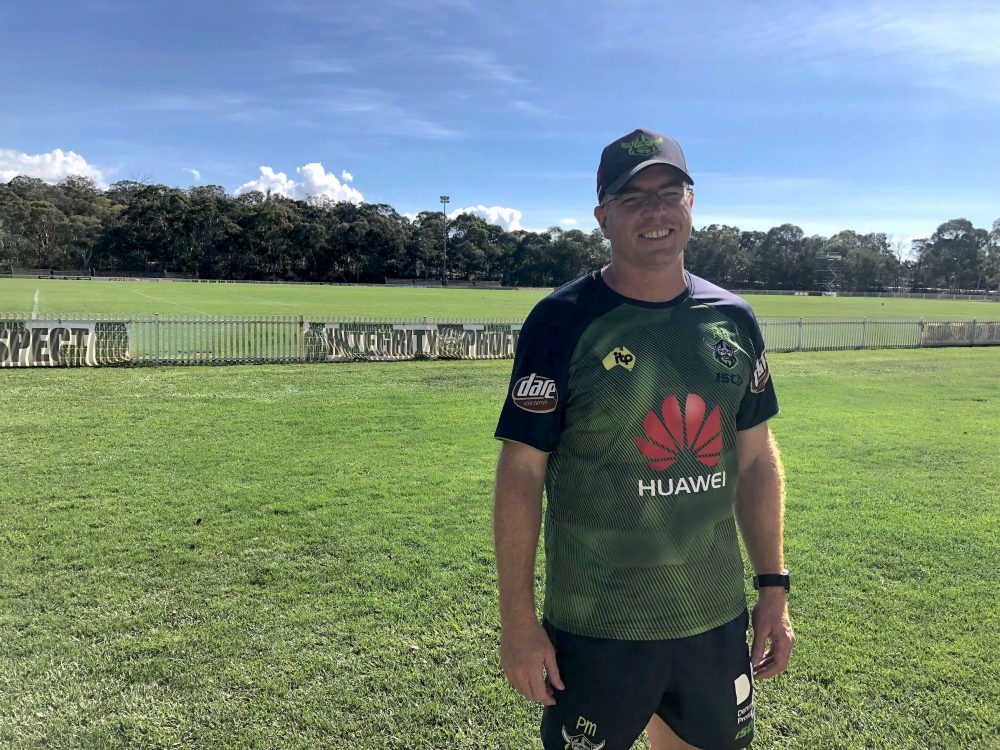
As a former rugby league player and high school teacher, Peter Marrapodi knows all too well the pressure of performing and the influence that a mentor can have on a group of people. With a passion for rugby league, he has had the opportunity to be a part of the Canberra rugby league scene both on and off the field.
After an ongoing knee injury put a stop to his football career, he put his focus and energy into teaching in order to share his knowledge and expertise with others. He specialised in physical education and exercise science, and later became a year coordinator placing an emphasis on student wellbeing. He continued to practice in a coaching role, leading many of the school sport teams to victory.
After teaching for 16 years and coaching junior Raiders teams, Peter was approached by the Canberra Raiders to coach their reserve grade side, the Mounties, for the 2019 season. Since becoming the head coach of the Mounties, his focus has shifted from a mentoring role with teenagers to a development based position with elite athletes.
I sat down with Peter to discuss how being a teacher has supported his role as a head coach of an elite football team.
Q. What prompted you to become a coach?
A: It was probably a natural progression for me. When you look at any of the jobs that I’ve had, I have always been a part of a team, so if I wasn’t a coach I think I’d really miss that team environment and the camaraderie of it. Going into teaching was very similar to coaching so it was a natural progression that when I finished playing, I would find a way into the coaching side of it.
Q. How has being a teacher helped you to be a coach at an elite level?
A: There are so many similarities between coaching and teaching. The main one is managing a group, and if you can’t do that, you can’t do either. The other part is why you go into each career. When you go into teaching, you are going in to make a difference to a group of students lives and you do that in coaching as well. You see with young coaches and teachers that they make the mistake of coming in overly ambitious. As soon as a young person feels like your focus is not on them and that it is on yourself and your own career, you can lose a group really quickly. You have got to go into it wanting to make a difference to these young people and a difference in their lives. Whether you are teaching or coaching you’re part of a community and you are making a difference in that community. I think that’s the right motivation to go in with because it gives you the most chance of success.
Q. What is it like coaching professional players such as Sam Williams and Luke Bateman?
A: It’s a huge difference to what I’m used to. I’m used to coaching U18’s and U20’s pla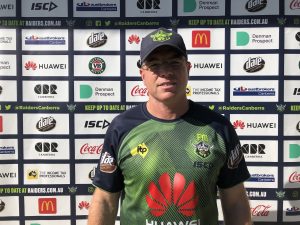 yers who you tell to run through a brick wall and they won’t question you, they will just do it, whereas these more experienced players will have a say and think for themselves. Whatever ideas you’ve got you really need to sell them and you have to stand up to being questioned and probed. You think about things very differently, but more importantly that the players are on board with coming up with team structures and game plans. You learn very quickly, and that part of managing the group is that you know the individuals.
yers who you tell to run through a brick wall and they won’t question you, they will just do it, whereas these more experienced players will have a say and think for themselves. Whatever ideas you’ve got you really need to sell them and you have to stand up to being questioned and probed. You think about things very differently, but more importantly that the players are on board with coming up with team structures and game plans. You learn very quickly, and that part of managing the group is that you know the individuals.
Q. If the players aren’t performing do you feel partially responsible?
A: Whenever there is a lack of performance it is always best to look internally rather than externally. You need to be doing whatever you can, looking at a review of the game as well as a reflection; what can I do better, how can I get better. When you are looking at elite sport, it is about continual improvement and as soon as you aren’t improving you are going backwards. You see players and coaches that deflect blame too often, and if they can’t accept that there is something to fix, then you can’t improve. You need to be able to accept within yourself that I can get better and thats a part of the growth mindset that lots of people talk about but some people struggle to live it.
Q. Are there any parts of being a high school teacher that you miss?
A: Yeah there are! Because you are working with younger people there are probably more issues, and you can have a real influence on a younger persons life, so I miss that mentoring part. Going back and doing some relief teaching, there are kids that I reconnect with just to check in on how they are going, and it would be nice to be be there for them too, but we obviously can’t do that so they need to be able to spread their wings and find support in all different kinds of places. Its probably just the contact with younger people that I really miss.
Q. With your previous success as a coach, can you take the Mounties to victory this year?
A: I hope so, because that’s the plan. A lot more goes into winning a premiership than just the coaching. A lot of things have to go your way and you need good support from the club around you, which we are really lucky to have. The idea is to win the comp BUT there is more to it at this level too. It’s a tough level to coach at because your number one priority is to provide NRL players. You have to develop these guys from an U20’s level to an NRL level, and what happens in between here is your domain. There is no point winning a comp if you are not developing quality NRL players through the club, so there has to be a focus on both areas. With the team we’ve got, if we stay fit and healthy we will at least be in the mix and thats all you can do at the end of the day.
Q. What is the most important lesson you’ve learnt so far?
A: It’s definitely in people management and dealing with adults rather than kids, and making sure they are part of the solution. They can’t just be told what to do because otherwise there is not enough motivation. Coming into a professional environment, I almost assumed that motivation is always high and we are always striving to be excellent, but it’s not always the case when you’ve got a group of individuals that all have different personalities. So working with those people and making sure they are a part of the solution is always a good starting point.
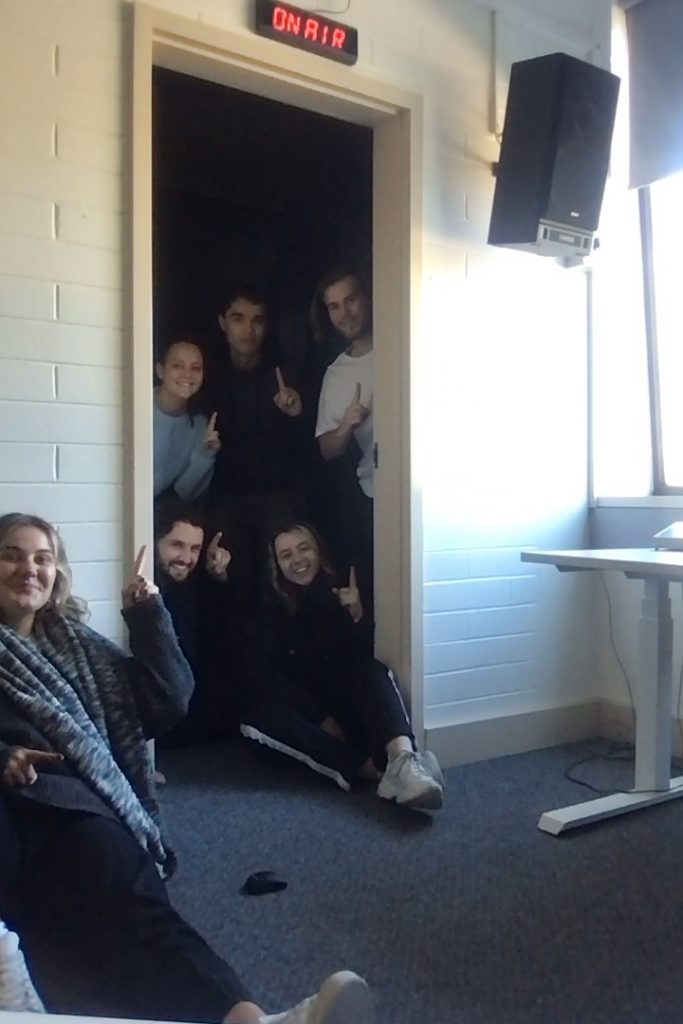
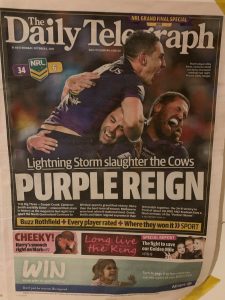
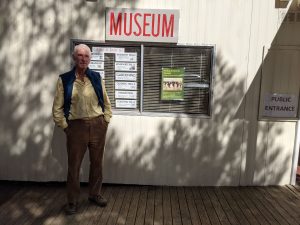
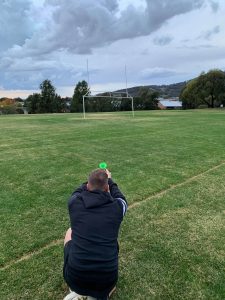
Be the first to comment!